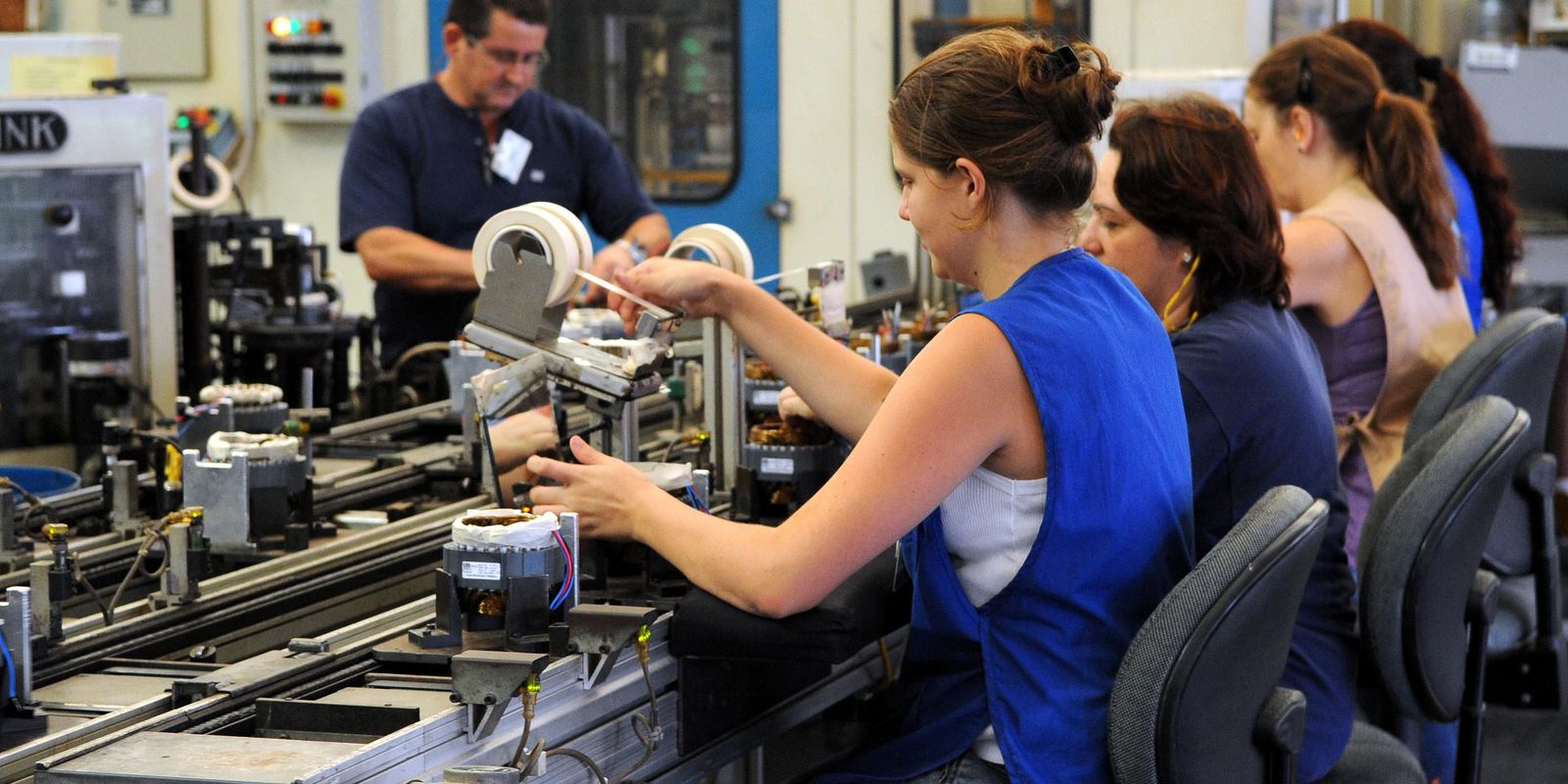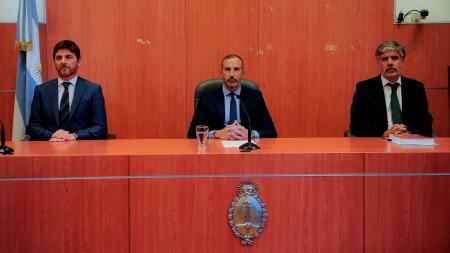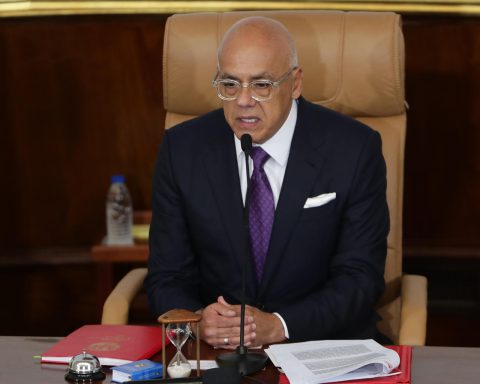Four out of ten young people looking for work rate their emotional state as bad or terrible, found a report on Work and Income that was released today (10) during the IV Mapa Educação Movement Conference, held in São Paulo. The report was carried out with 14,510 young Brazilians between 15 and 29 years old and is part of the survey: Youths and the Pandemic: What now? which is coordinated by Atlas of Youth??
The survey, which was carried out online between July 18th and August 21 of 2022, demonstrated that psychological well-being is closely related to job prospects among young people. This means that young people who are looking for work are the ones who reported being more fragile in this regard. Among those who work, those who assess their emotional state as bad or terrible is lower, reaching 21% of respondents. Among those who do not work and are not looking for work, 27% said they were affected by this feeling.
“The study shows that young people looking to enter the world of work are more pessimistic about their perceptions of the future for their lives and have a higher rate in evaluating their own emotional state as bad or terrible. This signals to us that mental health needs to be seen as a priority and that it is necessary to expand education and work opportunities for this population, so that they can improve their living conditions and also have more prosperous perspectives for their future”, said Diogo Jamra, manager of Advocacy and Articulation at Itaú Educação e Trabalho, one of those responsible for the study.
Young people who are looking for work are also the ones who are most afraid of going through financial difficulties (45%) or not finding a job (26%). Among those who work, 34% say they fear going through financial difficulties and 18% fear losing their job or not getting a new job.
In addition to being less affected by mental health issues, young people with jobs are also more optimistic about the future. About 44% of young people with a job said that their expectations are positive, while this condition drops to 34% among young people looking for a job. The most optimistic are young people who do not work and are not looking for a job: 48% of them revealed to have a good prospect for the future.
Pandemic
The new coronavirus pandemic has affected the way young people face the world of education and work. According to the survey, all profiles of respondents (who work, look for work or do not work and do not look for work) have the feeling that “they were left behind in learning”. This feeling is greater among those who do not work (65%), but also affects those looking for work (59%) and those who are employed (54%).
“Young people report impacts of the pandemic on their lives in education and work. The feeling of ‘falling behind in learning’ is common among all young people, but even if they are concerned about the delay caused by the pandemic, the vast majority intend to continue studying. And, for that, they indicate that the most important contents for the moment are preparation for the world of work”, said Jamra, in an interview with Brazil Agency.
“More than 6 out of 10 young people, regardless of their working status, are very or partially optimistic about bringing education and the world of work closer together. In addition, 7 out of 10 working young people started to seek more courses for personal or professional qualification because of the pandemic. This is an obvious sign that young people value education as a path to help them follow their professional path”, he added.
Claims
In order to deal with the effects of the pandemic on education and offer better living conditions to these young people, the survey showed that it will be necessary to expand the conditions of access to professional education and work. During the study, young people reported that they need policies for scholarships and student aid and a greater offer of professional qualification courses and formal jobs.
“The survey brings important indications that must be considered by elected officials in their mandates. Young people indicate which are the priority actions that should be developed by public and also private power. In the field of education, young people ask for increased opportunities for professional education, scholarship policies, methodologies to work on developing skills in general and actions that support them in preparing their life projects. In the field of work, young people are mainly asking for an expansion in the offer of professional qualification courses, opportunities to encourage youth projects, new work dynamics and encouragement for the emergence of new jobs and formal jobs,” said Jamra. “Young people want – and need – support to continue their studies, as well as to have better prospects for entering the world of work,” he added.
















